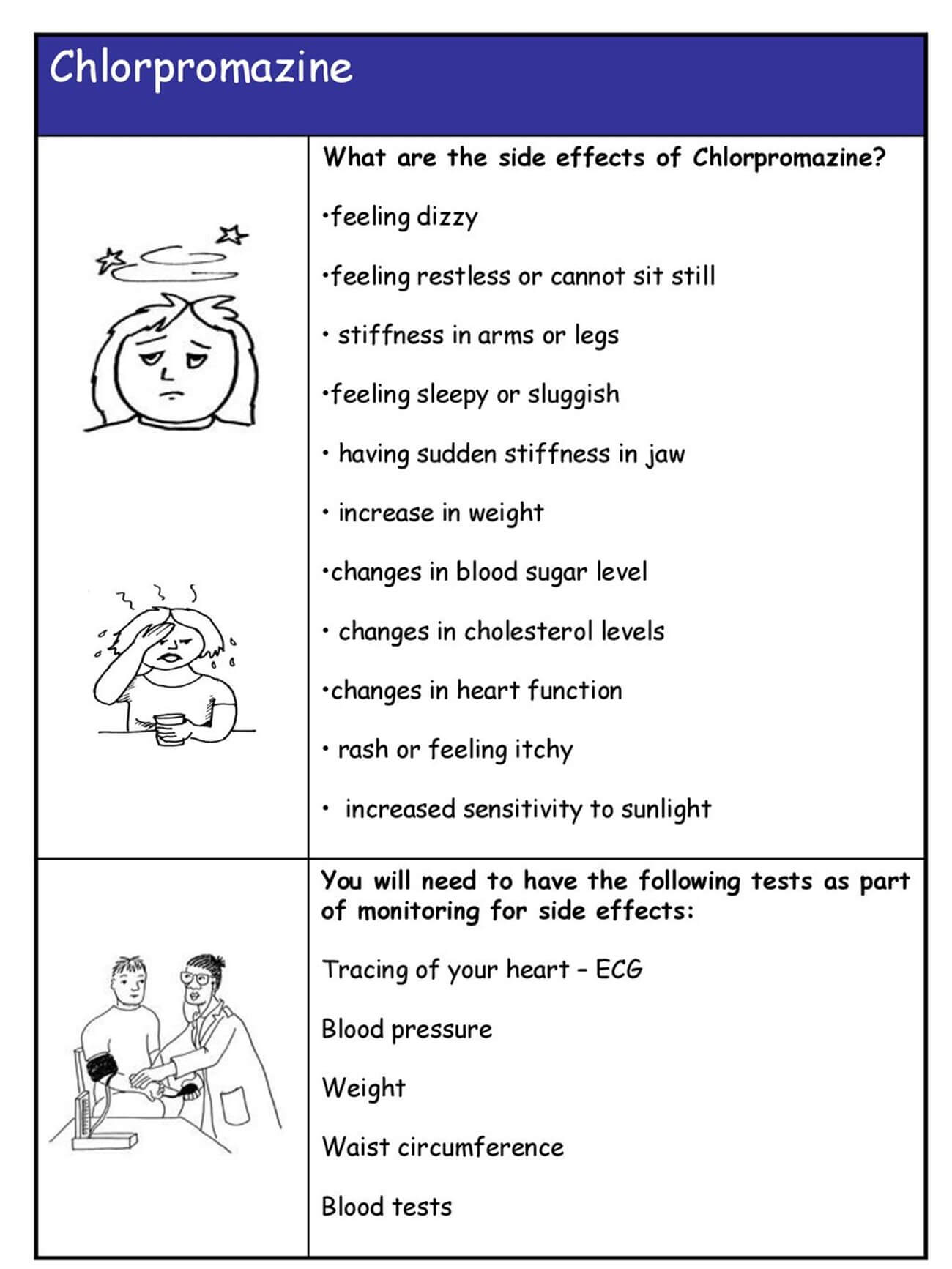A nurse who works in a psychiatric unit is caring for a client who has bipolar disorder. The client comes to the nurse's station at 0300 demanding that the nurse call the provider immediately. Which of the following responses by the nurse is appropriate?
You are being unreasonable, and I will not call your doctor at this hour."
Go back to your room, and I'll try to get in touch with your doctor."
You must be very upset about something
I can't call a doctor in the middle of the night unless it's an emergency."
The Correct Answer is C
A. "You are being unreasonable, and I will not call your doctor at this hour."
This response is confrontational and dismissive of the client's request. It does not promote a therapeutic interaction and might escalate the situation.
B. "Go back to your room, and I'll try to get in touch with your doctor."
This response might temporarily calm the client, but it’s misleading if the nurse does not intend to call the doctor. It also avoids addressing the client's immediate emotional needs and could result in a loss of trust if the nurse doesn’t follow through.
C. "You must be very upset about something."
This is the most therapeutic response. It acknowledges the client’s feelings without judgment and opens up communication. It allows the nurse to explore the client’s concerns, which is essential in providing appropriate care and support in a psychiatric setting.
D. "I can't call a doctor in the middle of the night unless it's an emergency."
While this statement is factually correct, it can come across as dismissive and could escalate the client's agitation. It does not acknowledge the client's emotions and might make the client feel that their concerns are not being taken seriously.
Nursing Test Bank
Naxlex Comprehensive Predictor Exams
Related Questions
Correct Answer is D
Explanation
A) Have a staff member escort the client to her room:
Having a staff member escort the client to her room might be perceived as restrictive and could potentially escalate the client's anxiety. It's important to give the client some autonomy and not force them into isolation.
B) Allow the client to pace alone until physically tired:
While allowing the client to pace alone might seem like a non-intrusive option, it lacks the therapeutic engagement that can help the client feel supported and understood. It's important for the nurse to actively engage with the client to establish a therapeutic relationship.
C) Instruct the client to sit down and stop pacing:
Instructing the client to stop pacing could potentially increase their agitation and anxiety. Forcing the client to sit down against their wishes might lead to resistance and hinder the development of trust between the nurse and the client.
D) Walk with the client at a gradually slower pace:
This is the correct answer. Walking with the client at a gradually slower pace is a therapeutic approach that allows the nurse to build rapport, provide support, and help the client regulate their emotions. It respects the client's need for movement while also addressing their emotional state.
Correct Answer is A
Explanation
A. "I may have a dry mouth while taking this medication.":
Explanation: Correct Answer. Dry mouth is a common side effect of chlorpromazine, which is a typical antipsychotic medication. This statement indicates that the client understands the potential side effects of the medication.
B. "This medication will help me stop smoking.":
Explanation: This statement is incorrect. Chlorpromazine is not used as a medication to aid in smoking cessation. It is primarily used to treat conditions such as schizophrenia and other psychotic disorders.

C. "I should expect flu-like symptoms while taking this medication.":
Explanation: This statement is incorrect. Flu-like symptoms are not a common side effect of chlorpromazine. Side effects more commonly associated with chlorpromazine include drowsiness, dizziness, and movement-related issues.
D. "This medication may cause me to urinate frequently.":
Explanation: This statement is incorrect. While chlorpromazine can cause various side effects, increased frequency of urination is not one of the typical side effects associated with this medication.
Whether you are a student looking to ace your exams or a practicing nurse seeking to enhance your expertise , our nursing education contents will empower you with the confidence and competence to make a difference in the lives of patients and become a respected leader in the healthcare field.
Visit Naxlex, invest in your future and unlock endless possibilities with our unparalleled nursing education contents today
Report Wrong Answer on the Current Question
Do you disagree with the answer? If yes, what is your expected answer? Explain.
Kindly be descriptive with the issue you are facing.
